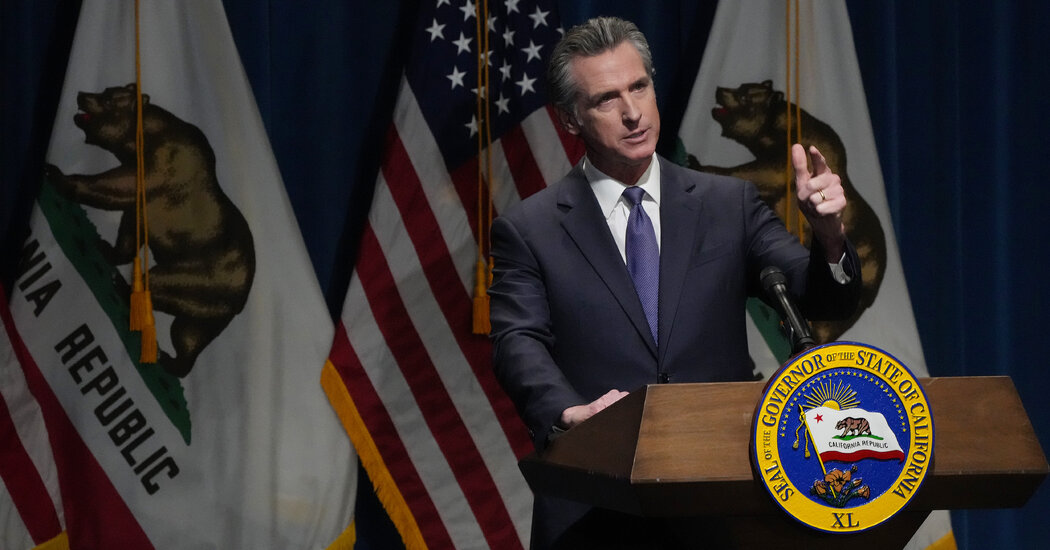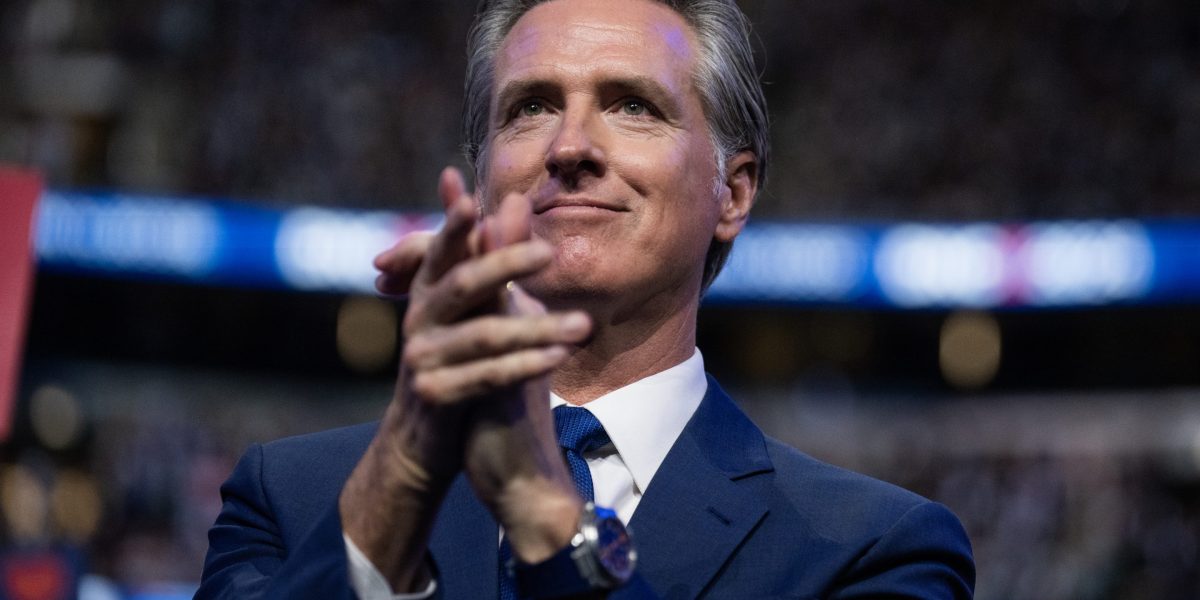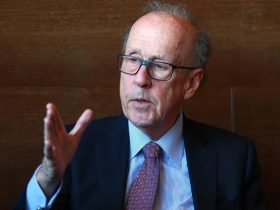A federal judge has temporarily blocked California’s newly signed AI law, AB 2839, just days after it was enacted by Governor Gavin Newsom. The law, aimed at curbing AI-generated deepfakes that depict political candidates in misleading ways, quickly became a point of contention when Newsom suggested it could be used to force Elon Musk to remove a deepfake of Vice President Kamala Harris.
However, this attempt to regulate AI content related to elections has been halted for the time being, as the court ruled against immediate enforcement.
AB 2839 was designed to hold individuals accountable for knowingly distributing AI-generated deepfakes of political figures on social media. The law is notable for targeting the users who post such content rather than the platforms that host it.
If enforced, the law would allow judges to order the removal of misleading deepfakes and impose fines on those who refuse to comply. This was seen as an effort to protect election integrity by preventing voter confusion caused by fake media.

The law’s first major challenge came from Christopher Kohls, the person who originally posted the Kamala Harris deepfake. Kohls filed a lawsuit the day after the law was signed, claiming that his deepfake was a form of satire protected by the First Amendment.
On Wednesday, U.S. District Judge John Mendez sided with Kohls, granting a preliminary injunction that prevents California from enforcing AB 2839 for the time being. The injunction applies broadly, except for specific audio messages covered under the law.
Judge Mendez argued that the law is too broad and could potentially restrict various forms of political speech, including satire and parody. He expressed concern that AB 2839’s vague language could allow the state to overstep its boundaries, leading to censorship of constitutionally protected speech.
The judge emphasized that while concerns over AI-manipulated media are legitimate, existing legal frameworks like defamation or privacy laws already offer protection without infringing on free speech rights.
Although the block on AB 2839 is temporary, it casts doubt on the law’s long-term viability, especially regarding its impact on free speech. This ruling is seen as a win for free speech advocates, including Elon Musk’s camp, who had been testing the law by posting AI deepfakes online.
Whether the law will be permanently blocked or revised remains to be seen, but for now, it is unlikely to affect the upcoming elections. The case highlights the ongoing tension between regulating AI content and preserving free expression in the digital era.







Leave a Reply